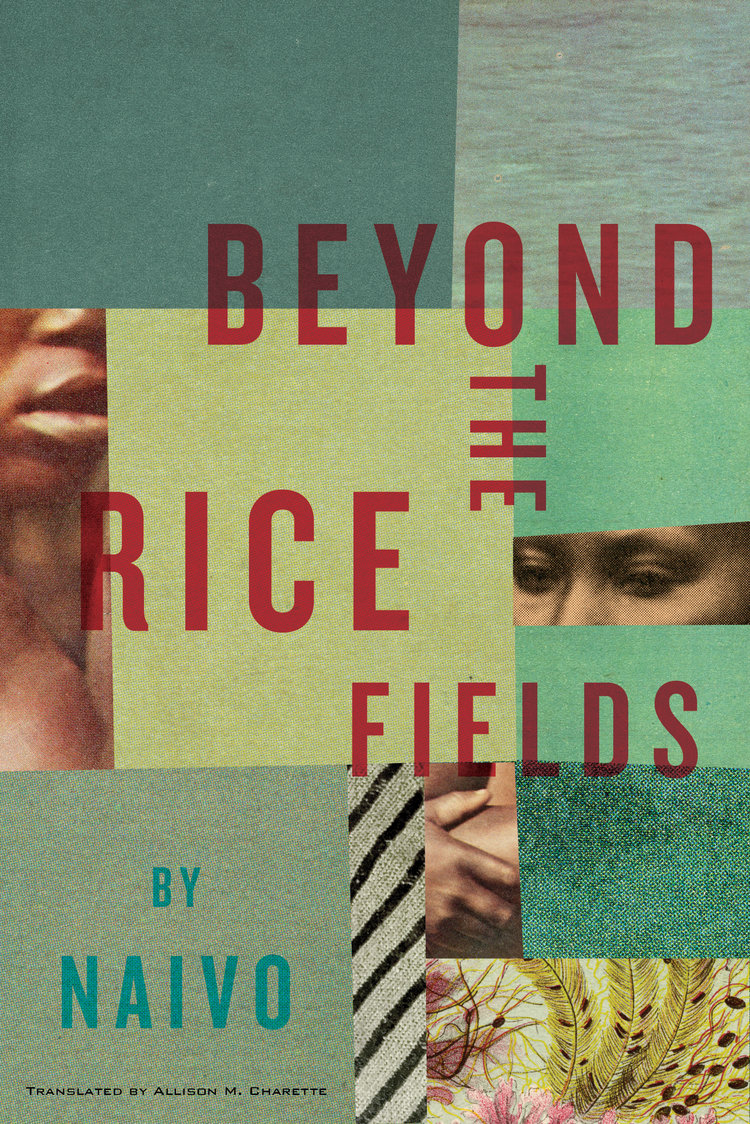It's an interesting thing, being in a country that's so different from what you know. Especially as a white Westerner in a poor black African country. There are a lot of misconceptions that come along with that, and I think that many/most of them come from a lot of reductive travelogues that have been written over the years. Over the centuries, really. This started way back with European explorers keeping journals that detailed the "primitive" "native cultures" they "found." The whole assumption that European culture is more "civilized" has led to a whole host of other ignorant assumptions about anybody who doesn't fit that norm.
But it's an extremely pervasive narrative, especially having been educated in the States. And, just like systemic racism, it seeps into your brain and starts messing with your own thoughts, convincing you that your experiences in, for example, Madagascar, aren't valid unless you just see the extreme differences between that culture and your home, all the poverty and want and lack and oh-how-quaint-life-is-here.
I fell victim to that the first time around four years ago, definitely. (Sadly. I'm sorry.) But now that I'm back, I've started actively looking for things to disprove my earlier assumptions/misconceptions. Here's what I've got so far:
- Yes, there are in fact addresses. Kind of all over the place, on all sorts of different buildings, in both the city and the countryside. It's standardized, too, even if there isn't daily/regular mail service like at home.
- Ditto for street signs. Either official or not, there are a bunch in the city for specific streets. And then there are signs on main roads that point the way toward different neighborhoods (in the city) or towns (in the country).
- Yes, there are women who drive scooters and motorcycles. It's not just men. Remember, helmets and protective gear tend to be (and should be!) pretty gender neutral . . .
- There are women breastfeeding EVERYWHERE -- although to be fair, I was pretty blind to this in every culture until I had my own child.
- Yes, there are actual grocery stores, the way I normally think of them, instead of “just” markets. There’s even a Malagasy chain. (It’s called “Supermaki.” The maki is the classic ring-tailed lemur. :-D)
- Yes, there are plenty of other vazahas, even in non-vazaha areas. (Although, this trip, I truly do still have yet to see another white woman.)
- There are even funeral processions, cars with their hazards on following a hearse and everything.
So yes, even if I feel out of my depth here, completement dépaysée, that doesn't mean there aren't any similarities between here and home. Just because I didn't ever set foot in a supermarket last time, doesn't mean I can't go buy more shampoo here if I run out. And I don't have to go to a special Euro-import store, either. It's just normal.
I will no longer be willfully blind to the parts of Malagasy society that overlap with American society, and I can actively work against the misconceptions stuck in my own brain. Life here is just life.
I don't even need to sleep under a mosquito net. (Yet.)


